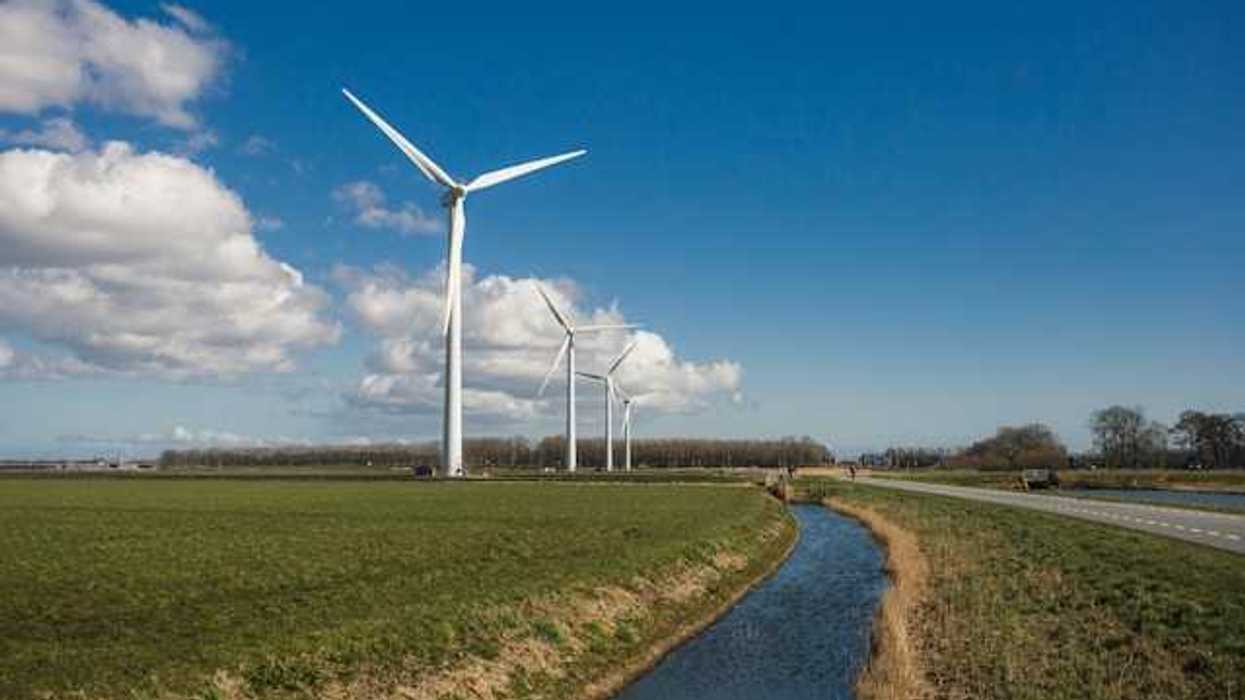Texas leaders are reviving uranium mining to fuel nuclear reactors aimed at meeting growing energy needs, but locals fear groundwater contamination from mining and waste disposal.
Dylan Baddour reports for Inside Climate News.
In short:
- Texas is promoting nuclear power as a zero-carbon energy source to support high-demand industries like tech and hydrogen production.
- Uranium mining sites in South Texas, dormant for decades, are being reactivated, raising concerns about groundwater contamination.
- Administrative rulings favoring environmental safety have been repeatedly overturned by state regulators, enabling mining projects to advance.
Key quote:
“We’re talking about mining at the same elevation as people get their groundwater. There isn’t another source of water for these residents.”
— Terrell Graham, board member of the Goliad County Groundwater Conservation District
Why this matters:
Nuclear power is gaining momentum as a reliable, low-carbon energy solution, but its risks include water contamination from uranium mining and radioactive waste. The expansion in Texas highlights tensions between industrial growth and environmental protection, with potential long-term impacts on drinking water supplies.
Related: Nuclear energy expansion faces cost and feasibility hurdles














